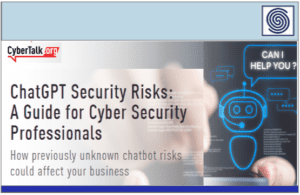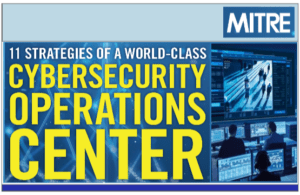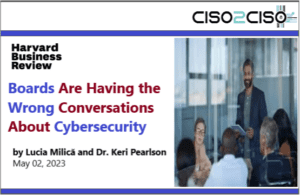Gabriel Bergel 9 February, 2021
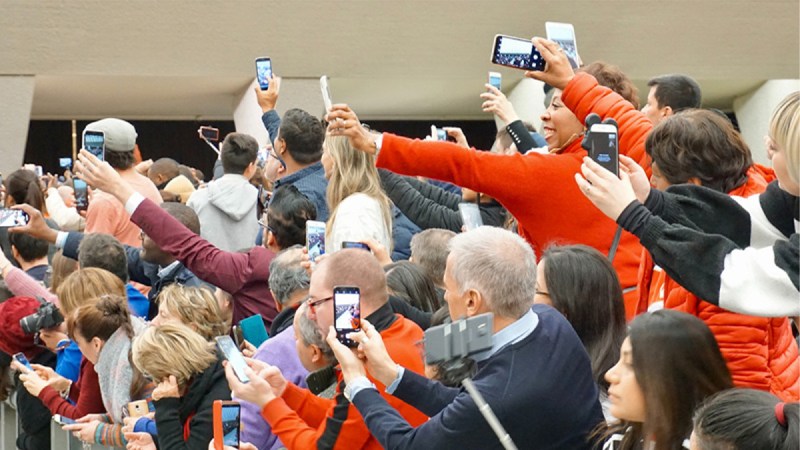
This post is about zombies and social engineering, the image in figure 1 is free and royalty free as long as you credit it, and I loved it. We all probably know how is the night before the delivery of a work, project, thesis or, the so much used “deadline” concept. An image that has a lot to do with this article, as we will see below.
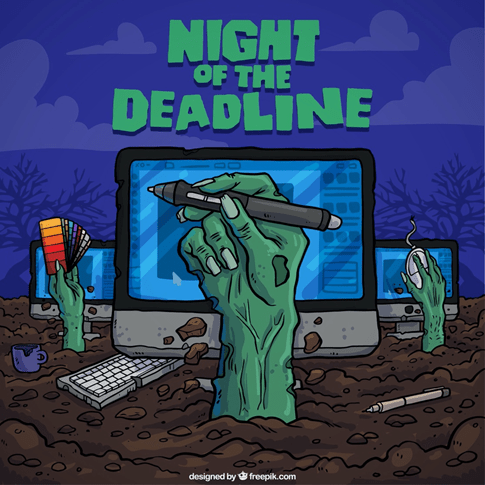
Do You Know What a Zombie Is?
The term “zombie” comes from the Haitian Creole zonbi, sometimes spelled zombie, in English. It roughly refers to an entity capable of resurrecting or coming back to life (Wikipedia).
We currently live in a world consumed by technology, no one could imagine the world without a mobile phone in the hand, without the Internet or social networks and, worst of all, we are losing our sense of reality in the digital world.
Have we become digital zombies? I would honestly say yes, it seems incredible that most people do not realise how much privileged information social media has about us or how these technologies were designed and calibrated to manipulate human psychology. Nowadays, the Internet and social media addiction, or the spread of misinformation, is having a negative impact on our mental health and the mental health of our youngsters, even affecting democratic processes and institutions.
For those who still don’t believe in this, I recommend the following documentaries, “The Social Dilemma” or “Coded Bias”. Also, the Internet is full of ridiculous and dangerous challenges, as well as the “zombies” that follow them, that is the empirical proof that we have become Digital Zombies or are in the process of doing so, and as in every Zombie apocalypse, there is still no cure or vaccine
Internet Addiction
It is very difficult, and almost impossible, to conceive of our world without the Internet. It is a tool that has revolutionised many areas of our lives, and while the positive aspects are undeniable, there are many negative aspects that arise when people become hooked on it as a primary way of satisfying their needs. Internet addiction is the oldest of the new digital pathologies. Introduced in 1996 by the WHO, between 6 and 10% of the population suffers from it: more than 2 hours a day during the week and 4 hours a day at weekends, it is a risky use, with significant consequences for people’s mental health.
Social Media
According to Wikipedia, a social network is a social structure composed of a set of users who are related according to some criteria (professional relationship, friendship, kinship, among others).
In general, people are very concerned about their social media profiles, keeping them appealing, active, entertaining and so on. It has become the main communication channel for many, especially in pandemics. We cannot deny the benefits of social networks, however, many do not know that everything is monitored, recorded, measured, every time we write something, see an image, how long we look at it, at what times, they know when we feel lonely or depressed, what we do in the mornings, evenings, the places we usually go and who we do it with, etc. They have more information about us than in any other social network. They have more information about us than in the whole of human history. With all that information they create predictive models based on algorithms that to this day are not known and cannot be audited (and that could suffer from biases). This way they predict our actions, the model that best predicts wins. They are doing voodoo and we the users are the victims.
Today we are talking about a new capitalism based on the continuous surveillance of our actions that we voluntarily publish or give in exchange for participating in dynamics, games or surveys (Cambridge Analityca). These companies have become billionaires thanks to the business they do with the advertiser brands and the effectiveness they offer so that users consume their products, thus creating future markets for humans, just like the future markets for animals
I always hear that people like social networks a lot and that they feel welcome and cool because they are free and not for profit, but this is a lie! They have 3 main objectives:
- Increase our atenttion
- Increase growth, they have even experimented with human hacking for accelerated growth, this is a topic for another post ?
- Increase advertising (earn more money)
This is where persuasive technology comes in, exploiting the vulnerabilities of human psychology.
If we add social engineering to this situation, you know what happens… It is time to wake up, disconnect, create digital habits, increase digital immunity, we must be more digitally aware, talk about these issues, especially with the youngest and the elderly and also, why not say it, we must be a little more distrustful…



